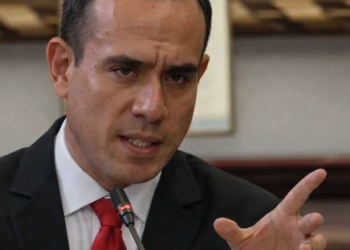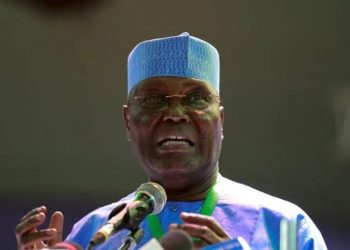Jordan has been in the grip of internal unrest since the outbreak of the war in Gaza, with many Jordanians expressing growing frustration over the conflict. This discontent significantly influenced the outcome of the recent parliamentary elections and led to the resignation of Prime Minister Bisher Khasawneh.
According to state media, Khasawneh submitted his resignation on Sunday to King Abdullah II.
Constitutional Process and Limited Parliamentary Power
Under Jordan’s constitution, it is customary for the government to resign after legislative elections. However, the king retains the authority to appoint the prime minister, as parliament holds limited powers in this regard.
In the recently concluded elections, the Islamic Action Front (IAF), the country’s leading Islamist party, emerged victorious, securing 31 of the 138 seats in parliament. The IAF is a political offshoot of the Muslim Brotherhood and now has its largest parliamentary representation since 1989.

Election Results Amid Low Voter Turnout
Despite a voter turnout of just 32%, the IAF’s success is largely attributed to widespread dissatisfaction among the populace. Economic hardships and frustration over Israel’s ongoing war with Hamas in Gaza have fueled support for the Islamist party.
Economic Struggles and Impact of Gaza Conflict
Jordan’s economy has been severely impacted by the war in Palestine. The kingdom, which relies heavily on tourism—accounting for about 14% of its gross domestic product—has seen a significant drop in tourist activity due to the conflict. As of the first quarter of 2024, Jordan’s unemployment rate stood at 21%.
Jordan is heavily reliant on foreign aid, particularly from the United States and the International Monetary Fund (IMF), to support its economy. These dependencies, combined with domestic economic challenges, have contributed to a deteriorating economic situation in the kingdom.
Palestinian Influence and Calls for Action
Nearly half of Jordan’s population is of Palestinian origin, many of whom have been angered by the current situation in Gaza. Regular protests have taken place, with calls for the dissolution of the 1994 peace treaty between Jordan and Israel. This treaty made Jordan the second Arab state, after Egypt, to formalize peace with Israel.
Political Landscape and Resignation of Khasawneh
Prime Minister Khasawneh, 55, had led the government since October 2020. His resignation, although in line with the post-election process, highlights the growing political instability in the kingdom.
Jordan’s parliament is bicameral, consisting of an elected lower house and a senate of 69 members, all appointed by the monarch. This structure leaves much of the political power in the hands of King Abdullah II, even as the kingdom navigates through turbulent times.

















